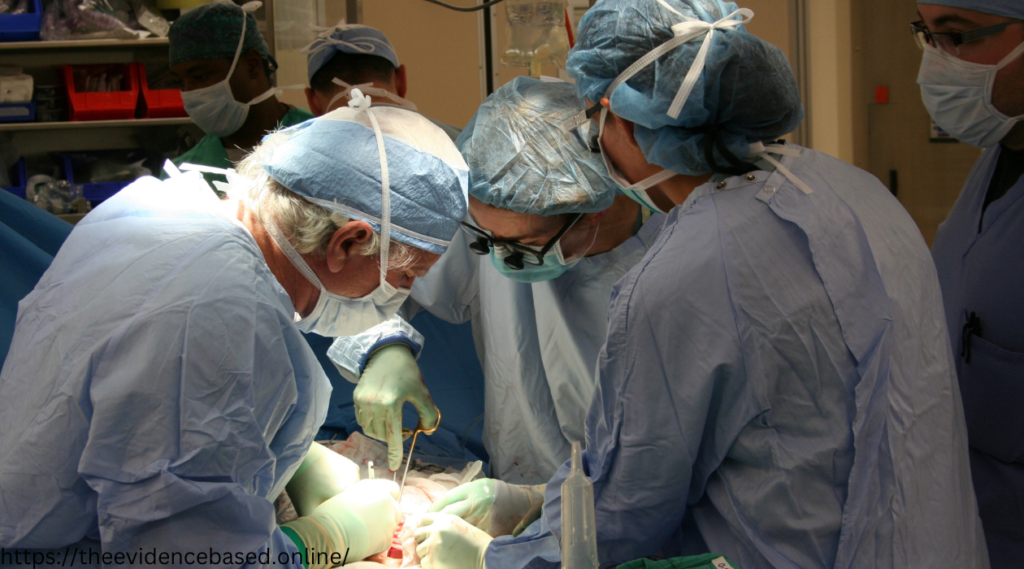When it comes to life-saving medical procedures, bone marrow transplants often rank among the most miraculous and complex. This in-depth guide sets out to demystify the process behind bone marrow transplants, discussing its types, benefits, risks, patient experiences, medical insights, and the support available for both patients and caregivers. For medical professionals seeking to expand their knowledge, for patients considering this treatment, and for caregivers providing necessary support, this article aims to be a valuable resource.
Understanding Bone Marrow Transplants
A bone marrow transplant is a medical procedure that replaces a person’s damaged or destroyed bone marrow with healthy bone marrow stem cells. These cells can be taken from the patient themselves (autologous transplant), from a donor (allogeneic transplant), or a twin (syngeneic transplant).

Types of Transplants
Allogeneic Transplants
Allogeneic transplants involve the transfer of stem cells from a compatible donor – usually a sibling or unrelated donor – into the patient after high-dose chemotherapy or radiation. These transplants can cure a range of severe blood disorders, including leukemia, lymphoma, and myeloma.
Matched Donor Criteria
The key to a successful allogeneic transplant is finding a donor whose tissue type matches the patient’s as closely as possible. The most critical factor in this matching process is the human leukocyte antigen (HLA) type.
Haploidentical Transplants
If a patient cannot find a matched unrelated donor, they can turn to a haploidentical transplant, where the donor is a half-match, usually a parent or child.
Autologous Transplants
Autologous transplants involve the use of the patient’s own cells, which are harvested before therapy and returned afterward. This type of transplant is common in treating cancers like lymphoma and multiple myeloma.
Harvesting Process
The patient’s stem cells are collected from their blood or bone marrow and stored before they undergo high-dose chemotherapy or radiation. Afterward, the cells are returned to promote blood and immune system recovery.
Syngeneic Transplants
A syngeneic transplant is a rare type where the donor is an identical twin. Because the donors are genetically the same, tissue matching is guaranteed, and these transplants tend to be the least complex.
Conditions Requiring Transplantation
Bone marrow transplants are a crucial treatment for various life-threatening conditions, such as:
- Acute and chronic leukemia
- Lymphomas
- Severe aplastic anemia
- Multiple myeloma
- Some solid tumors like breast and testicular cancer that do not respond to other treatments
Benefits and Risks of Bone Marrow Transplants
Potential Benefits
For many patients, a bone marrow transplant offers the best, and sometimes only, chance for a cure. It can also extend the life expectancy and improve the quality of life for patients with certain blood cancers and disorders.
Risks and Complications
Despite its life-saving potential, a bone marrow transplant is an intensive procedure with substantial risks:
- Infection: One of the leading causes of complications, as the immune system is weakened or destroyed by pre-transplant treatments.
- Graft-versus-host-disease (GVHD): In allogeneic transplants, the donor’s immune cells can attack the patient’s cells, leading to a range of symptoms.
- Graft failure: The donor cells do not engraft, and the procedure must be repeated, or alternative treatments pursued.
- Long-term side effects: Survivors may face issues such as infertility and a higher risk of certain other types of cancer.
Patient Experience with Bone Marrow Transplants
Emotional Journey
The decision to undergo a bone marrow transplant is often fraught with anxiety and hope. Patients must face the reality of their condition, make critical medical decisions, and deal with the stress of the transplant process.
Recovery Process
Recovery after a bone marrow transplant can be arduous and requires close medical monitoring. The timeline varies, but it typically involves several phases:
- Hospitalization for the transplantation procedure
- The immediate recovery period, where the body is most vulnerable
- Engraftment is the stage when the bone marrow begins to produce new blood cells
- Longer-term recovery, which includes continued monitoring for complications and regaining strength
Medical Insights on Bone Marrow Transplants
The Importance of Donor Matching
The complexity and success of an allogeneic transplant hinge on the compatibility of the donor’s and recipient’s HLA markers. Advances in genetic and immune system testing have improved the precision of this crucial matching process.
Transplantation Techniques and Innovations
Medical professionals continually refine the methods and medications used in bone marrow transplants. New techniques allow for safer and more effective transplants, while innovative therapies reduce the risk of complications.
Support for Caregivers
The Caregiver’s Role
Caregivers play a vital role in the transplant process, often providing physical, emotional, and logistical support. Their role is crucial at every step, from pre-transplant preparations to post-transplant care.
Resources for Support
Caregivers can access various resources to assist them during this challenging time, including support groups, counseling services, and educational materials. It’s important for caregivers to take care of themselves, as supporting a loved one through a bone marrow transplant is a demanding experience.
Conclusion
Bone marrow transplants stand as a beacon of hope for countless patients battling severe blood disorders and certain cancers. Understanding the process, its associated benefits and risks, and the experiences of those who have undergone transplants is integral to providing comprehensive care. For patients and families navigating this complex treatment pathway, and for healthcare professionals dedicated to improving outcomes, bone marrow transplants represent a testament to the unyielding human spirit in the face of adversity.